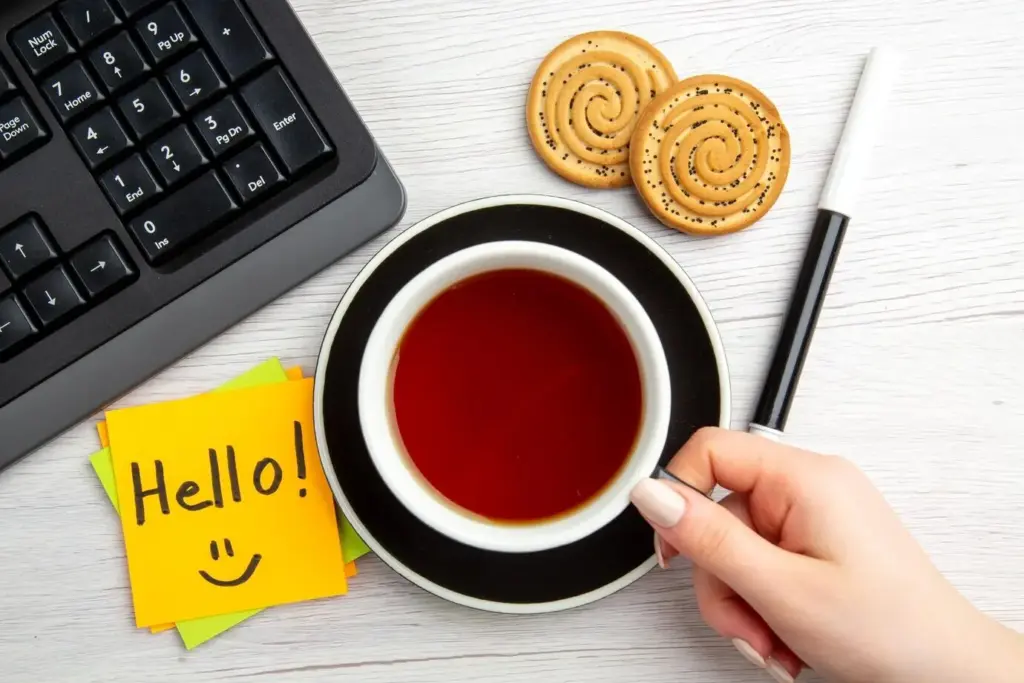When Familiar Words Betray You: Navigating French and Spanish False Cognates
Why Look-Alikes Lie: Origins and Linguistic Forces
Shared Roots, Divergent Paths
French and Spanish both inherited vast Latin vocabularies, yet historical pressures nudged meanings in distinct directions. A term might remain literal in one language while becoming metaphorical or specialized in the other. Seeing vocabulary as living history helps you resist the seduction of superficial similarity and encourages careful verification with reputable examples before committing to a confident translation.
Phonological Coincidence and Orthographic Drift
Sometimes words only look alike because sound changes and spelling conventions evolved independently. Letters shifted, accents appeared, and pronunciation rules standardized differently across centuries. The result is convincing visual overlap without shared meaning. By learning common endings, stress patterns, and orthographic rules, you build intuition that challenges snap judgments and guides you toward context-first interpretation rather than superficial recognition.
Semantic Shifts and Cultural Lenses
Meanings wander when cultures innovate, restrict usage, or extend metaphors in unique ways. Commerce, technology, religion, and literature continually reshape nuance. A familiar-looking word may carry formality, irony, or specialized senses you do not expect. Training yourself to question register, collocation, and implied tone keeps you from projecting English meanings onto French or Spanish expressions that politely refuse your assumptions.
French Pitfalls You’ll Meet Early
Actuellement is not actually
Actuellement usually means currently or at present, not actually. Learners often misreport timelines in emails or meetings because this look-alike feels trustworthy. Train yourself to pair actuellement with time expressions and situational updates, while reserving réellement or en fait for the sense of actually, depending on emphasis. Create example sentences that contrast project status updates with factual corrections to reinforce accurate usage.
Assister is not to assist
Assister often means to attend, especially events or classes, while aider conveys to help. Confusing them can create awkward obligations, like implying you helped run a conference when you merely showed up. Practice with calendar phrases, ticketed events, and classroom contexts. Build flashcards grouping assister with verbs of attendance and presence, and pair aider with concrete help scenarios to strengthen recall through meaningful contrast.
Librairie is not library
Une librairie is a bookstore, while une bibliothèque is a library. Travelers frequently ask cashiers about borrowing services, creating charming but confusing scenes. Memorize the retail cues around librairie, such as prices, editions, and recommendations, while linking bibliothèque to borrowing policies, librarians, and reading rooms. Role-play asking for a quiet place to study versus buying a new release, reinforcing purpose-driven language judgments.
Spanish Traps That Catch Even Confident Speakers




Double Trouble: Look-Alikes Across French and Spanish

Éventuellement and eventualmente are not eventually
In French, éventuellement often means possibly, and in Spanish, eventualmente can mean occasionally or potentially, depending on region and register. Neither reliably means eventually. Anchor eventually to finalement or al final when expressing culmination. Build sentence pairs that contrast uncertain outcomes with sequences concluding after delays, so you disentangle probability from chronology and prevent misleading summaries in professional emails or academic writing.

Assister and asistir usually mean attend
Despite their friendly look, these verbs generally mean to attend, not to assist. For helping, rely on aider in French and ayudar in Spanish. Practice RSVP phrases, conference schedules, and class registration contexts. Then switch to community service scenarios for helping verbs. This purposeful toggling strengthens mental categories, ensuring you report presence accurately and describe support actions with clarity and credibility.

Sensible in French and Spanish versus sensible in English
French sensible and Spanish sensible typically mean sensitive, while English sensible means practical or reasonable. This false alignment causes subtle character misunderstandings in literature and conversation. Build collocations: peau sensible, persona sensible, highly sensitive instruments. Contrast with sensible decision, sensible shoes, pragmatic choices. By rehearsing mini-dialogues that emphasize feelings versus practicality, you train nuanced comprehension that respects culture-bound connotations.
Strategies to Outsmart False Cognates Every Day
Stories, Missteps, and Recovering Gracefully
The Embarazada Introduction
A learner announces, with a bright smile, that she feels embarazada about a late arrival. Laughter erupts, explanations follow, and the moment becomes a shared memory. Practice softening language, acknowledging confusion, and restating intentions. Carry a few reassuring lines that invite correction and show gratitude, transforming potential embarrassment into warmth, learning, and genuine human connection.
Bookstore Versus Library Mix-Up
Asking to borrow from a librairie or librería triggers puzzled looks and kind guidance. Use this scene to rehearse politeness strategies, including appreciative thanks and quick, self-correcting restatements. Note the surrounding cues—price tags, staff recommendations, and displays—that anchor meaning. These environmental signals help you interpret faster and speak more precisely when pressure and excitement collide unexpectedly.
From Blunder to Better Habit
After any slip, write one reflective sentence: what I intended, what I said, what I learned. Add a corrected model, then read it aloud once a day for a week. This tiny ritual cements improvement, reshapes intuition, and builds composure, turning false-cognate stumbles into steady progress and resilient confidence that supports graceful communication everywhere.
